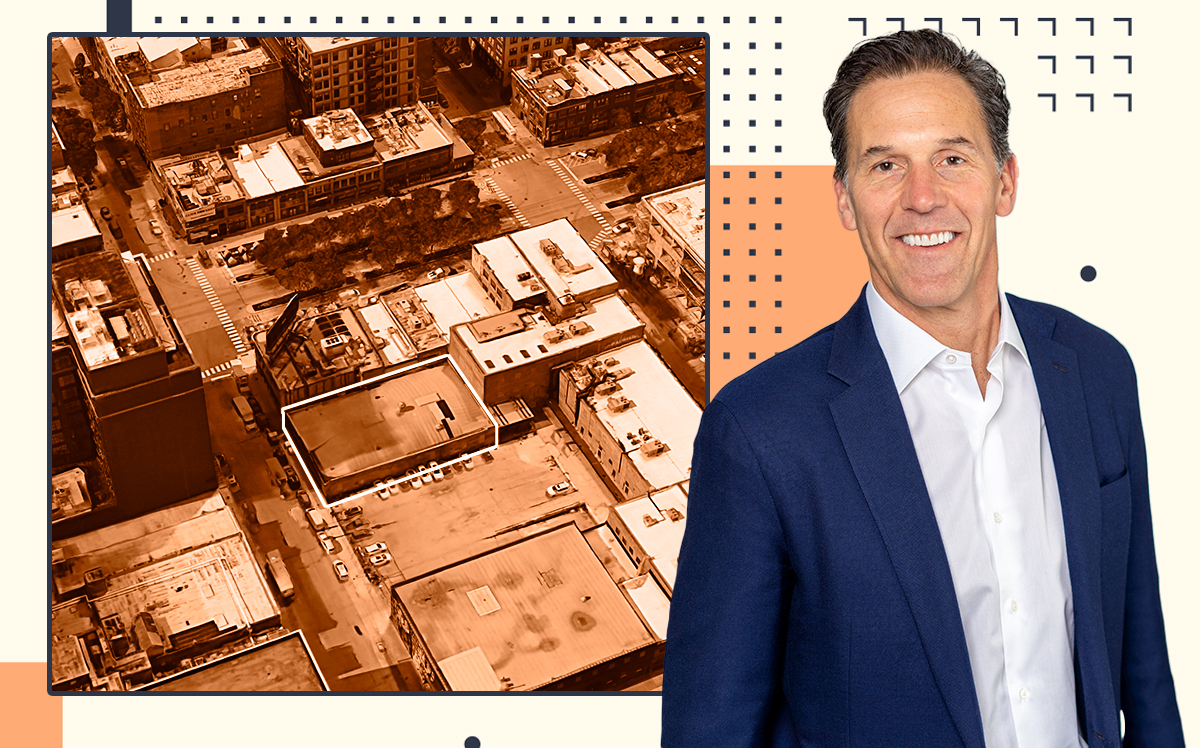A chunk of affordable units in the Northwest Side’s O’Hare neighborhood are about to be lost, underscoring affordable housing and aldermanic privilege issues in Chicago.
Brookfield Properties is raising rents in 223 affordable units in the 1,114-unit Pavilion Apartments at 5441 North East River Road, Block Club Chicago reported. The move will bring the units to market rate and comes as the building’s contract with the Federal Low Income Housing Tax Credits program is set to expire after a nearly 30-year term.
Brookfield’s decision to cut out all affordable units is a big blow to a city where homelessness and housing insecurity are major concerns, even though a number of government programs have been passed that offer allocated resources and tax incentives to property owners in exchange for housing affordability. The state even proposed a $35 million tax-credit program recently, hoping to spur 3,500 new affordable units annually for 10 years.
Yet, the issue persists as housing becomes more expensive. In the Far Northwest Side, where lack of affordability is especially problematic, local advocates are urging officials to do more to protect low-income options, as other contracts similar to the Pavilion are set to expire in the ensuing years, the outlet said. Data shows that 5,000 affordable units nationwide could be lost by 2029 due to such expirations.
Some advocates believe local alderpersons have too much power to override government initiatives. In Alderman Anthony Napolitano’s 41st Ward, which encompasses neighborhoods like O’Hare, Norwood Park and Edison Park, there are no properties that take rental assistance from the Chicago Low-Income Housing Trust Fund — the largest city-funded rental assistance program in the nation.
In the O’Hare neighborhood, only 20 percent of housing is priced within 60 percent of the area’s median income, compared to 36 percent citywide, according to a 2019 citywide analysis.
Read more



“Aldermen have inherited these wards that have literally been shaped by residential segregation,” Patricia Fron, co-executive director of the Chicago Area Fair Housing Alliance, told the outlet. “Aldermen just have this unusual amount of power on zoning and land-use decisions. So we have a system of deference to individual alderpeople when it comes to their ward, and any challenge to that is really an uphill battle.”
Fron is hopeful, however, that newly elected Mayor Brandon Johnson, who’s put affordable housing at the forefront of his campaign, can bring a stronger unifying voice to look at affordable housing issues.
—Quinn Donoghue
